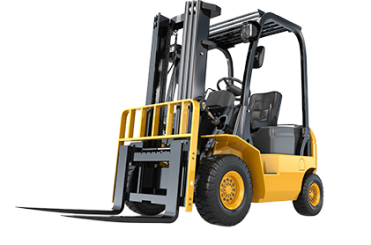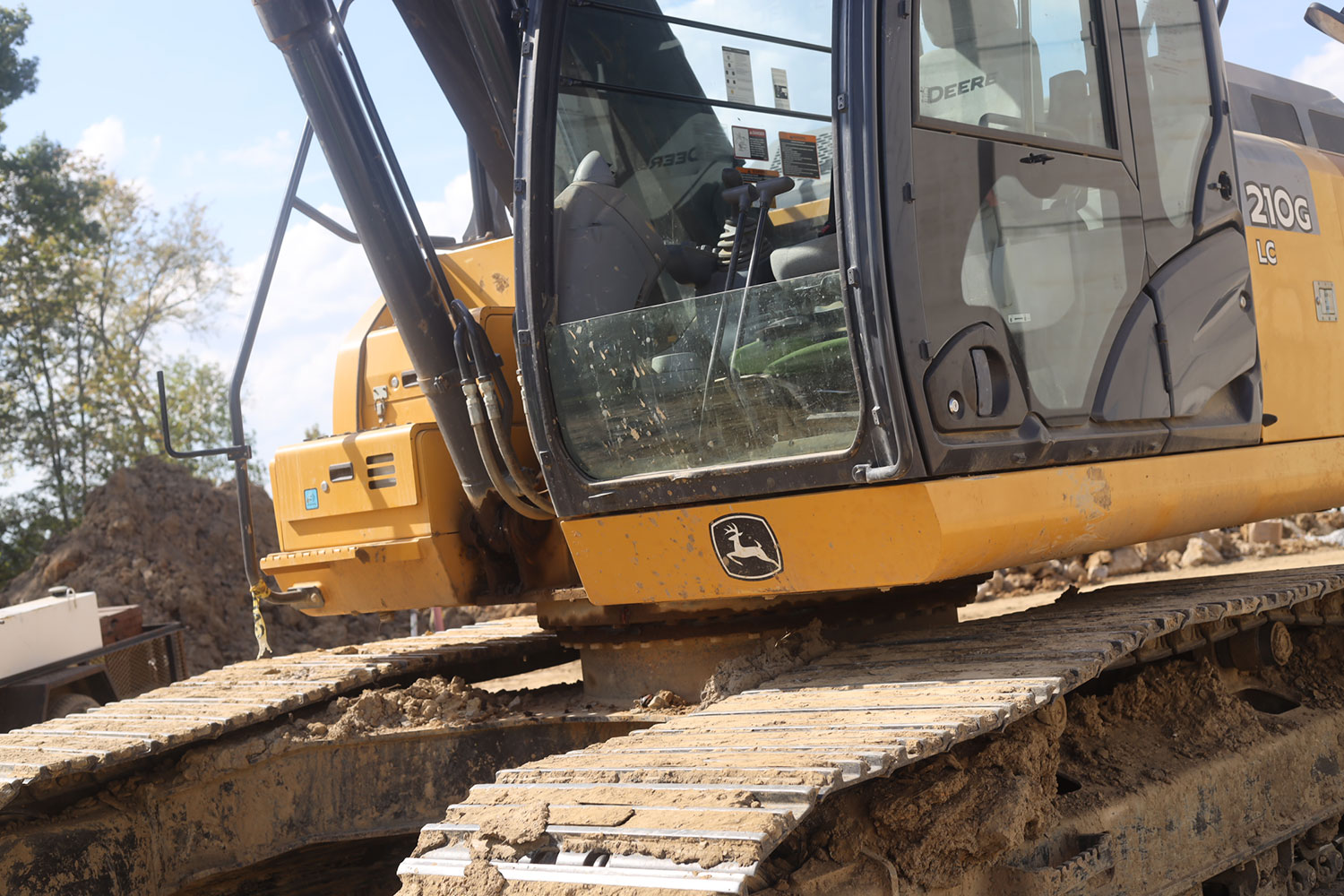Need Heavy Equipment Rental? Choose Our Mini Excavator Rental and Boom Lift Rental Choices
Need Heavy Equipment Rental? Choose Our Mini Excavator Rental and Boom Lift Rental Choices
Blog Article
Vital Tips for Handling Heavy Tools Rental Agreements and Logistics Successfully
Efficiently handling heavy equipment rental agreements and logistics is essential for the success of any type of project that depends on these sources. A thorough understanding of rental terms, coupled with exact analysis of tools needs, lays the structure for desirable arrangements. Working with transport logistics and preparing for ongoing maintenance can dramatically reduce unanticipated expenses and delays. The ins and outs of these elements usually present obstacles that need strategic insight. What are the key factors to consider that can transform these potential risks into possibilities for efficiency and cost-saving?
Understand Rental Terms
Understanding rental terms is vital for successful heavy tools administration. The rental duration specifies the duration for which the equipment is rented, affecting budgeting and project timelines.
Moreover, it is critical to understand the maintenance obligations laid out in the contract. Generally, rental firms preserve the equipment, yet comprehending who is accountable for routine checks and repairs is essential to stop operational disturbances. Furthermore, terms might consist of clauses worrying liability for problems or theft, which can have severe financial effects if not effectively understood.

Assess Tools Requirements
Examining devices requirements is an essential action for any kind of job supervisor aiming to optimize resource allowance and improve operational efficiency. This procedure entails a thorough examination of the job demands, including specific jobs, timelines, and the sort of devices necessary to achieve wanted results.
Begin by determining the scope of the task and the jobs that will be performed. Take into consideration aspects such as the terrain, the range of procedures, and any type of potential difficulties that might influence equipment selection. Engaging with staff member that will certainly run the equipment can offer useful understandings right into functional requirements and choices.

Next, review the capacity and capabilities of readily available devices choices. It is important to match the right tools to the jobs at hand, making sure that it can manage the anticipated workload without compromising safety and security or efficiency.
In addition, factor in the rental duration and frequency of usage. Recognizing these components can aid establish whether acquiring or leasing is the most cost-efficient service. By carrying out a comprehensive assessment of tools needs, task supervisors can make educated decisions that bring about boosted productivity and lowered operational costs.
Negotiate Properly
As soon as the tools requirements are clearly identified, the next action includes efficient arrangement with rental companies to secure favorable terms. Begin by looking into numerous rental firms to understand their rates frameworks, stock availability, and online reputation.
When coming close to the arrangement table, be clear regarding your requirements, including the sort of equipment, rental duration, and any kind of added services you may require. This transparency enables rental firms to supply tailored solutions that can fulfill your certain needs (heavy equipment rental). Do not think twice to ask for price cuts, particularly for lasting leasings or bulk orders, as lots of companies want to use concessions to protect larger contracts
These elements can substantially influence the total price and needs to be explicitly described in the rental contract. Make sure that all agreed-upon terms are recorded in creating to protect against misconceptions and shield your interests throughout the rental period.
Coordinate Transportation Logistics
Coordinating transportation logistics is a vital element of handling heavy devices rental contracts. Efficient transportation guarantees that devices is delivered in a timely manner and in ideal condition, consequently lessening downtime and improving job articulating boom lift for sale effectiveness. To achieve this, it is vital to establish an extensive logistics plan that outlines the entire transport process from pickup to delivery.
Begin by analyzing the details transport requirements based on the kind and size of the equipment entailed - forklift rental. Involve with reputable transportation providers that focus on hefty devices to ensure they have the necessary knowledge and equipment, such as flatbed trucks or specialized trailers. Talk about variables such as weight limitations, path restrictions, and called for licenses to prevent unanticipated delays
In addition, preserve open communication with both the rental business and the transport company to coordinate schedules efficiently. By thoroughly working with transport logistics, you can promote the integrity of your rental contract and assist in smooth job implementation.
Prepare For Upkeep and Support

Moreover, it is essential to interact directly with the rental service provider relating to upkeep duties. Some contracts might include upkeep as part of the rental service, while in other instances, the obligation might drop on the renter. Comprehending these terms will aid prevent unforeseen prices and obligations.
On top of that, having access to technological support can be invaluable. Make sure that the rental company offers 24/7 support or an emergency call, enabling swift resolution of any tools problems. Educating your team on appropriate equipment use and routine checks can additionally substantially enhance functional performance.
Verdict
In verdict, effective monitoring of hefty equipment rental arrangements and logistics hinges on a complete understanding of rental terms, accurate evaluation of devices demands, and experienced arrangement skills. Stressing clear communication with all stakeholders continues to be vital in browsing the intricacies of devices rental and logistics monitoring.
Properly handling hefty equipment rental agreements and logistics is critical for the success of any job that counts on these resources. By completely reviewing and understanding these click reference rental terms, businesses can make educated decisions, mitigate threats, and guarantee that their hefty devices management lines up with project goals and economic restrictions.Working with transportation logistics is an important element of handling heavy tools rental agreements.In final thought, efficient monitoring of hefty devices rental investigate this site arrangements and logistics hinges on a complete understanding of rental terms, accurate evaluation of tools demands, and adept arrangement skills. Emphasizing clear interaction with all stakeholders continues to be crucial in navigating the complexities of tools rental and logistics management.
Report this page